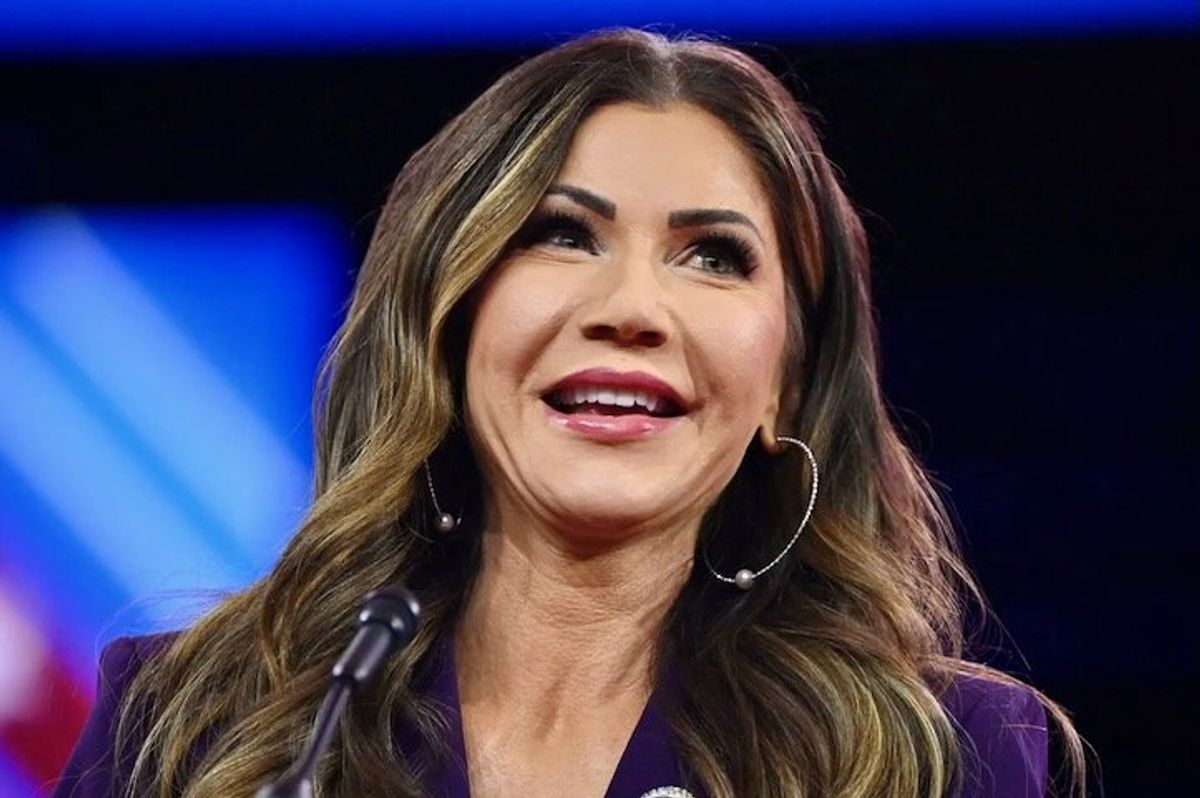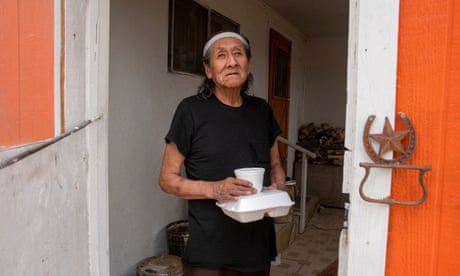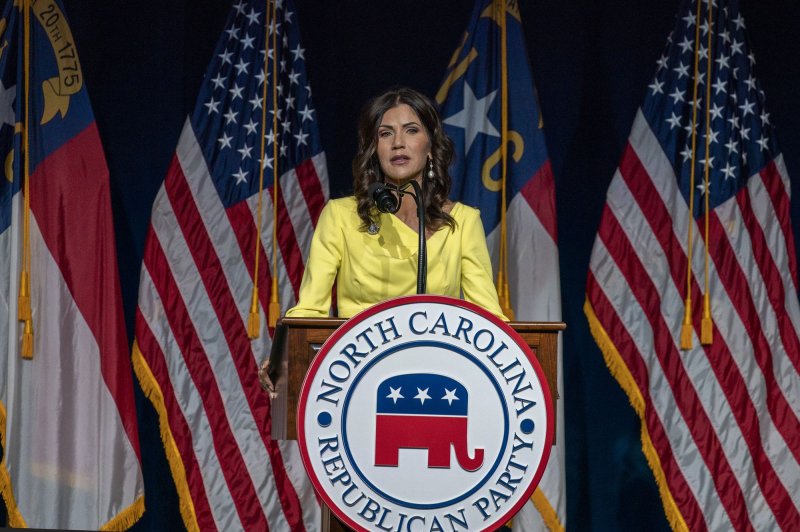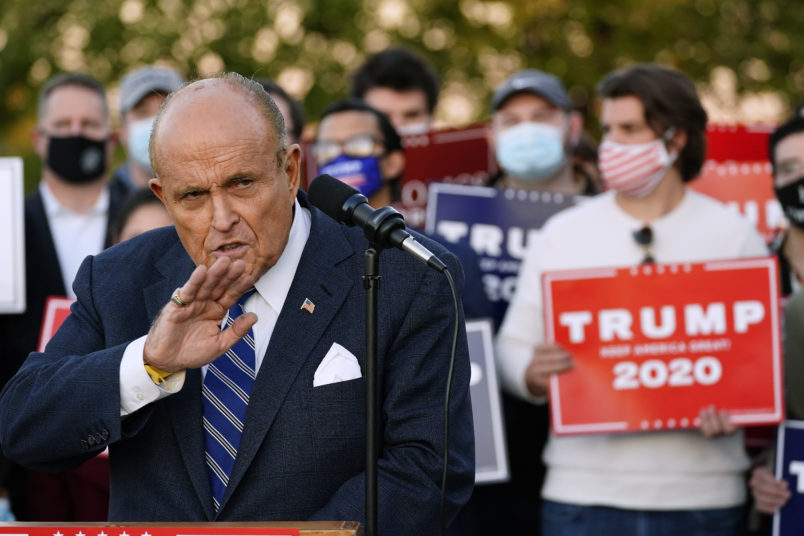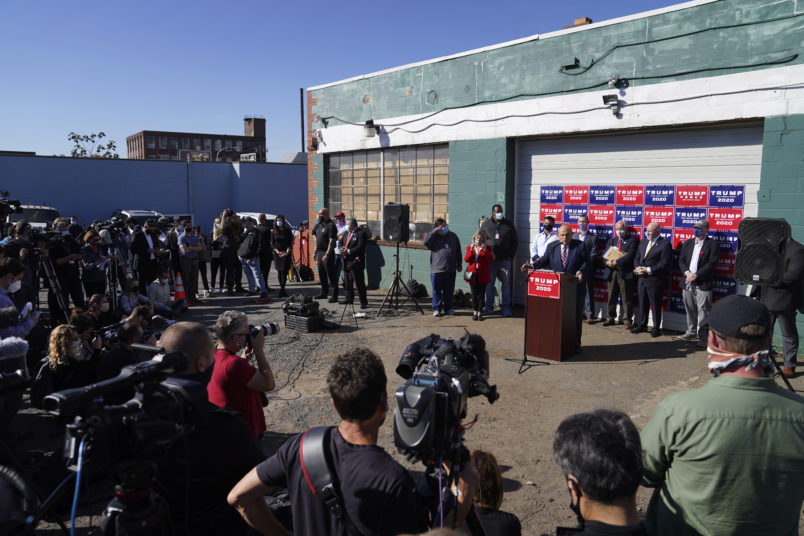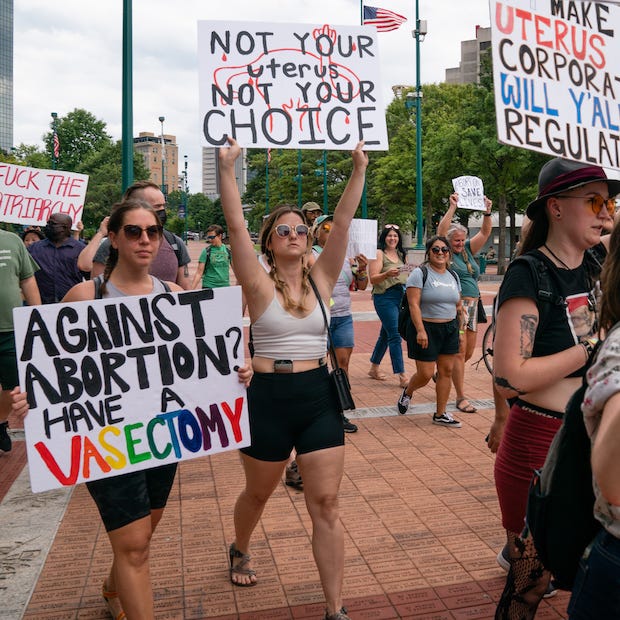Alex Cooper
Wed, December 21, 2022

Henry Berg-Brousseau
Trans rights activist Henry Berg-Brousseau, who worked to oppose anti-transgender legislation in his home state of Kentucky before going on to work with the Human Rights Campaign, died Friday at the age of 24.
His mother, Kentucky Democratic state Sen. Karen Berg, said Berg-Brousseau died by suicide.
In a statement posted on Twitter via Bluegrass Politics, Berg said that her son had spent his life “working to extend grace, compassion, and understanding to everyone, but especially to the vulnerable and marginalized.”
She added that “this grace, compassion, and understanding was not always returned to him” as a transgender man. The state senator called out the politicians who actively sought to marginalize her son because of who Berg-Brousseau was.
Berg said Berg-Brousseau had dealt with mental illness, “not because he was trans but born from his difficulty finding acceptance.”
He was born in Louisville, Ky., according to an obituary.
“While a student at Louisville Collegiate School, he advocated for the rights of transgender people by organizing a protest against gay conversion therapy, speaking to the Kentucky Senate Education Committee, and participating in other local and national causes. His speech to the committee was shared on John Oliver Tonight,” it said.
Berg-Brousseau went on to double major at George Washington University in political science and history and minored in Jewish studies.
In his work with the Human Rights Campaign, Berg said her son was acutely aware of the hateful rhetoric rising against transgender people in the country, adding that he saw that hate firsthand directed at his job. She said that in one of the final conversations she would have with her son he told her that he was concerned if he would be safe going out.
“The vitriol against trans people is not happening in a vacuum,” Berg wrote. “It is not just a way of scoring political points by exacerbating the culture wars. It has real-world implications for how transgender people view their place in the world and how they are treated as they just try to live their lives.”
Berg-Brousseau is survived by his mother, his father, and his sister, along with other family members.
“Losing Henry is an unfathomable loss to the Human Rights Campaign family. Henry was a light — deeply passionate, deeply engaged, and deeply caring. His colleagues will always remember his hunger for justice, his eagerness to pitch in, his bright presence, and his indelible sense of humor,” Kelley Robinson, the president of the Human Rights Campaign, said in a statement.
Robinson noted his activist work as a teenager, having to fight for his own rights “far earlier than he should have had to.”
“He was brave,” she said.
She ended her statement by calling for justice for the transgender community.
“We must fight for our transgender family. We must celebrate his light, and honor him by continuing to fight for full equality for all,” Robinson said. “Our thoughts are with his parents, his sister, his entire family, and our whole community.”
If you are having thoughts of suicide or are concerned that someone you know may be, resources are available to help. The 988 Suicide & Crisis Lifeline at 988 is for people of all ages and identities.
Trans Lifeline, designed for transgender or gender-nonconforming people, can be reached at (877) 565-8860. The lifeline also provides resources to help with other crises, such as domestic violence situations.
The Trevor Project Lifeline, for LGBTQ+ youth (ages 24 and younger), can be reached at (866) 488-7386. Users can also access chat services at TheTrevorProject.org/Help or text START to 678678.
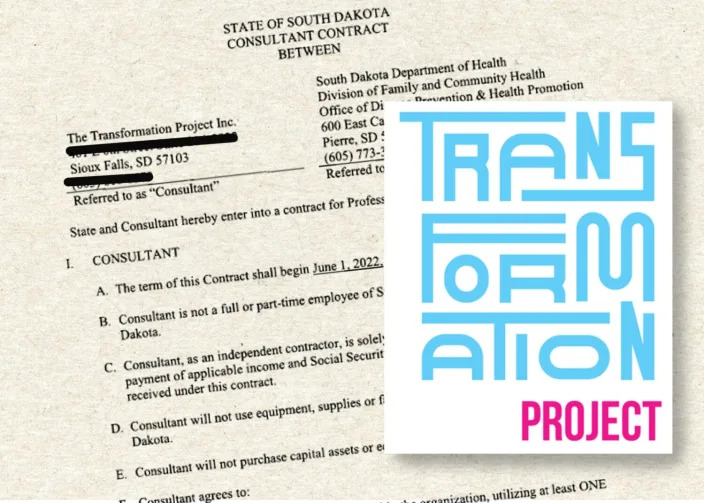
John Hult
Thu, December 22, 2022
A transgender advocacy organization plans to sue the state of South Dakota for civil rights violations over Gov. Kristi Noem’s abrupt cancellation of a health care facilitation contract with the group.
Brendan Johnson, a former U.S. district attorney who works for the law firm Robins Kaplan, told South Dakota Searchlight that his firm will represent The Transformation Project at no cost in a civil action against the state.
Johnson said he plans to send the state a litigation hold this week, which is a legal notice of pending action that orders the expected defendant to preserve all records and correspondence related to a legal claim.
The group’s claim originates with the contract cancellation, Johnson said, but “it’s not a contract dispute.”
“This is about violating federal law, equal protection,” Johnson said. “You cannot discriminate against people on the basis of sexual orientation or gender identity. We believe that’s in violation of agreements between the state of South Dakota and the federal government that provided these funds.”
The Sioux Falls-based nonprofit was awarded about $136,000 in federal funds to hire and train a community health worker to help connect members of the LGBTQ community to physical and mental health care. The funds, dispensed by the state, were earmarked by the U.S. Centers for Disease Control for the hiring of community health workers to serve rural areas and marginalized communities.
For a story published on Friday, a conservative media outlet questioned Gov. Noem’s office about the contract. Through spokesman Ian Fury, Noem, a Republican, told the outlet that she does not support the group’s “radical ideology,” that she didn’t know about the contract, and that she would order a review of all state Department of Health contracts. More than 60 other community health worker contracts have been granted this year.
State Health Secretary Joan Adam announced her retirement through a governor’s office press release on Monday, three days after the news broke.
More:Transformation Project responds to South Dakota terminating contract for community health worker
The Freedom Caucus, a coalition of South Dakota lawmakers aligned with the Freedom Caucus of the U.S. House of Representatives, issued a statement Monday that praised Noem’s decision to cut the contract. It also called on the South Dakota attorney general to investigate The Transformation Project and Sanford Health, which is set to host a Gender Identity Summit next month, for “promoting child abuse.”
Johnson said his firm aims to show that the stated reasons for the contract cancellation do not align with the Noem administration’s actual motivations.
“The facts will show that The Transformation Project did not violate its contract with the state of South Dakota,” Johnson said. “This was a decision based on politics, not the law. We applaud the strength and dignity of the LGBTQ community, and we will aggressively defend their right to access health care and the vital services provided by The Transformation Project, including mental health and suicide prevention services.”
In the cancellation letter, Deputy Health Secretary Lynne Valenti said The Transformation Project had failed to hire a certified community health worker and had missed a required annual conference, among other violations. But The Transformation Project has said it hired a community health worker who is still employed by the group, and the required annual conference took place before the contract was awarded.
The group’s director, Susan Williams, said in an open letter that the group was in compliance with contract terms. It had received about $23,000 of contract funds before the Dec. 16 cancellation letter.
“We are also deeply concerned by the appearance that the termination of this contract stems not from our actions, but as a result of the population we serve,” Williams said.
Williams named the community health worker hired by the group to South Dakota Searchlight and noted that he’d completed his certification. On Tuesday evening, the group tweeted its congratulations to that employee along with a photo of staff and supporters. Two of the people were wearing hoodies from the Union Gospel Mission, a homeless shelter that had also been awarded funds for a community health worker, and whose director told South Dakota Searchlight this week that his “heart goes out” to the group over the dispute.
The Transformation Project also announced its intention to retain the employee despite the loss of funding. It has since set up a pledge website that asks the public to “raise $105,000 to cover the funding shortfall that was created.”
“These funds will help us to continue to develop a Community Health Worker program and allow our CHW to meet the needs of South Dakota members of the LGBTQ2S community across the state who experience disparate health outcomes,” the site said.
The group will not be charged legal fees for its action against the state, Johnson said, but taxpayers won’t avoid them.
More:Gov. Kristi Noem terminates contract for transgender advocacy group
“This is incredibly unfair to one of our most vulnerable populations in South Dakota,” Johnson said. “This will be a long and expensive fight. This is going to cost the state of South Dakota a great deal in legal fees.”
Fury, Noem’s spokesman, told South Dakota Searchlight on Tuesday that the state would be unable to comment on The Transformation Project situation because of the threat of litigation.
On Thursday morning, Fury reiterated that the state cannot comment for that reason.
On Monday, South Dakota Searchlight sent an email to Fury and Department of Health spokeswoman Kieran Tate, asking if three other community health worker contractors who’d inked deals around the same time as The Transformation Project had complied with each of the same contract requirements. Tate has not replied.
A spokesman for the South Dakota Attorney General’s Office, which typically serves as the state’s legal counsel in lawsuits against state agencies and officials, said the litigation hold had not been received as of Thursday morning.
This article originally appeared on Sioux Falls Argus Leader: Transgender advocacy group plans to sue state over contract cancellation
